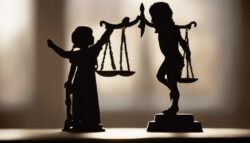Can Victims Of Child Pornography Sue For Civil Damages?
Yes, victims of child pornography can pursue civil damages against perpetrators. Laws such as Masha's Law equip victims with the legal framework to seek compensation, specifically establishing a statutory minimum of $150,000 in damages for each victim. This legislation acknowledges the profound impact exploitation has on victims, offering them a pathway to financial recovery and justice beyond criminal convictions. It holds offenders financially accountable, serving both as a sanction and a deterrent against the creation and distribution of child pornography. Engaging in the legal process with an adept attorney can further guide survivors through the complexities of asserting their rights and managing compensation claims, ensuring that perpetrators are held accountable for their actions. More insights are available for those who wish to understand the significance and impact of such legal remedies.
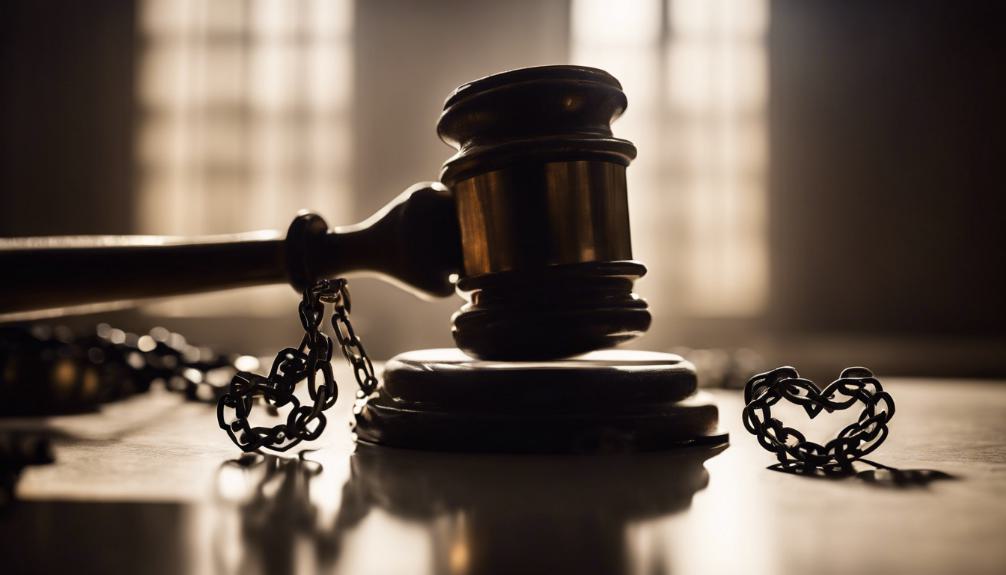
Understanding Child Pornography
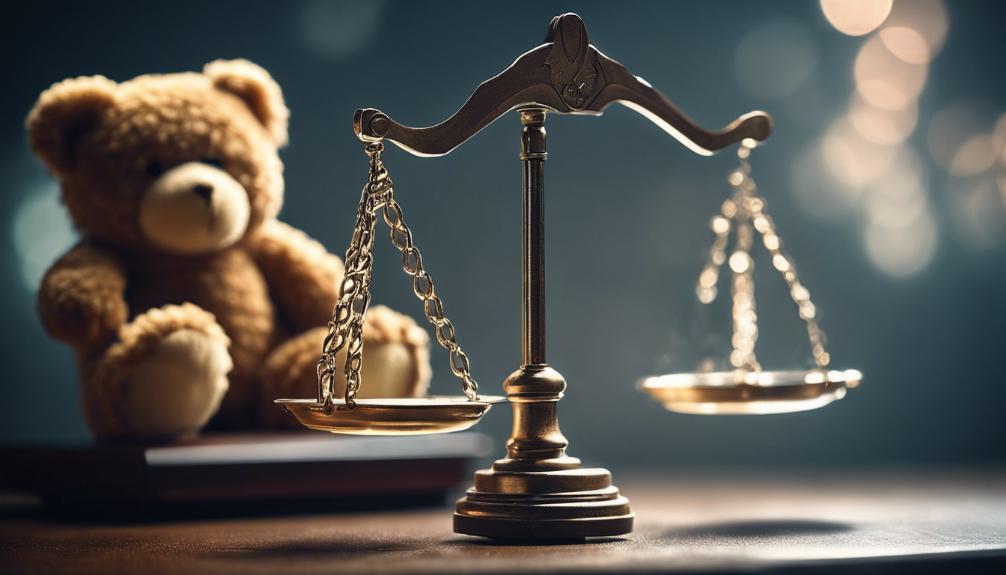
Child pornography constitutes any visual depiction involving a minor engaged in explicit sexual activities, a serious criminal offense across all jurisdictions. This encompasses photographs, videos, digital, and computer-generated imagery that sexually exploits children. The production, distribution, possession, and viewing of such material are punishable under the law due to the severe harm it inflicts on victims. The advent of the internet and digital technologies has exponentially increased the accessibility and dissemination of child pornography, posing significant challenges for law enforcement agencies worldwide. The illicit nature of these activities not only devastates the lives of young victims but also fuels a clandestine industry that thrives on the exploitation and abuse of minors. Consequently, combating child pornography requires a multifaceted approach, including stringent legal measures and international cooperation.
Legal Definitions and Offenses
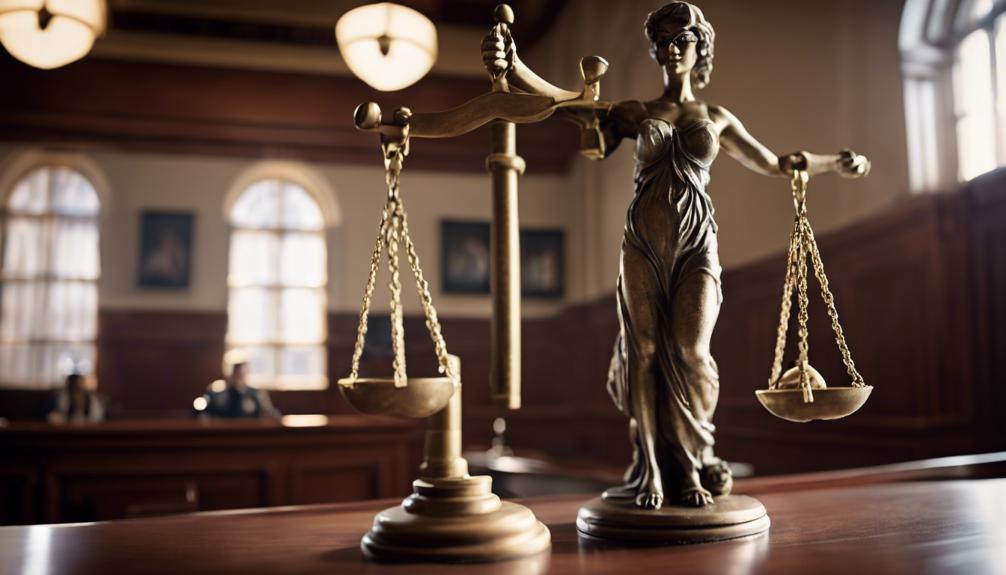
Understanding the legal framework, child pornography offenses encompass a range of activities including the creation, distribution, possession, and viewing of explicit material involving minors. These illicit acts are heavily criminalized across jurisdictions due to their severe impact on victims. Child pornography is legally defined as any visual depiction of sexually explicit conduct involving a person under the age of 18. This definition extends to photographs, videos, digital, and even computer-generated imagery that may not involve real children but are indistinguishable from that of minors. The law treats these offenses with utmost seriousness, reflecting the societal consensus on protecting children's welfare and dignity. Convictions can lead to significant prison sentences, mandatory registration as a sex offender, and substantial fines, underscoring the legal system's commitment to deterring such crimes and providing justice for victims.
The Online Child Porn Crisis
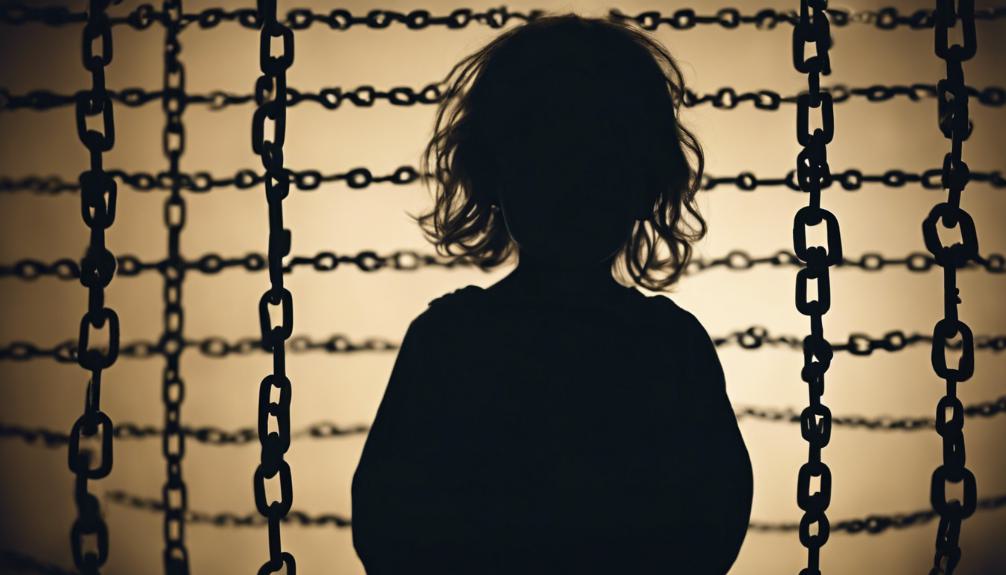
The proliferation of the internet has greatly exacerbated the crisis surrounding online child pornography, enabling widespread dissemination and access to illicit content. This digital age has seen the child porn industry flourish with predators exploiting online platforms to create, view, and share such material. Advanced technology facilitates the spread of child pornography, with peer-to-peer networks and virtual private networks allowing predators to remain anonymous. This anonymity shields them from immediate detection and prosecution, making the internet a fertile ground for the distribution of illegal content. Moreover, the use of hacking and malware to compromise children's computer security for the production of child pornography highlights the sophisticated methods predators employ to exploit victims, emphasizing the urgent need for robust legal and technological interventions.
Dangers of Social Media Exposure
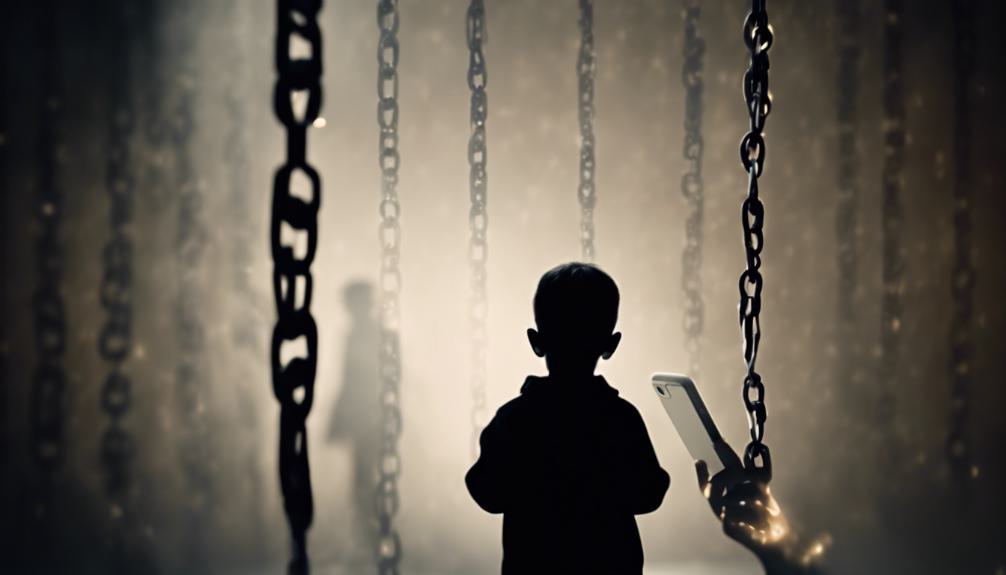
Amid the online child pornography crisis, the exposure of children and teens to social media platforms presents a significant risk of exploitation by predators. These platforms, while offering avenues for connection and education, also serve as fertile grounds for malicious actors seeking to exploit the unwary. Children and teenagers, often unaware of the dangers lurking online, may inadvertently share personal information, making them vulnerable to predation. The accessibility of such data to predators simplifies the process of grooming and manipulation, leading to an increased risk of child pornography victimization. Moreover, the widespread sharing and distribution capabilities of social media amplify the potential for harm, as illicit images and videos can be disseminated rapidly and widely, exacerbating the trauma experienced by victims.
Anonymity and Predatory Behavior

Online anonymity greatly increases the risk of child exploitation, as predators often exploit digital cloaks to engage undetected in illegal activities. By hiding behind screen names and encrypted communications, these individuals can easily bypass the traditional safeguards that protect children in physical environments. The internet's vastness and the ability to mask one's identity facilitate the creation, distribution, and consumption of child pornography without immediate repercussions. This cloak of invisibility emboldens predators, as they believe they can evade law enforcement detection. Moreover, anonymity complicates the process of tracking and prosecuting offenders, making it challenging for victims to seek justice and for authorities to prevent future abuses. The intersection of anonymity and predatory behavior underscores a critical vulnerability in digital safety measures, necessitating more robust mechanisms to protect children online.
Hacking: A Gateway for Abuse
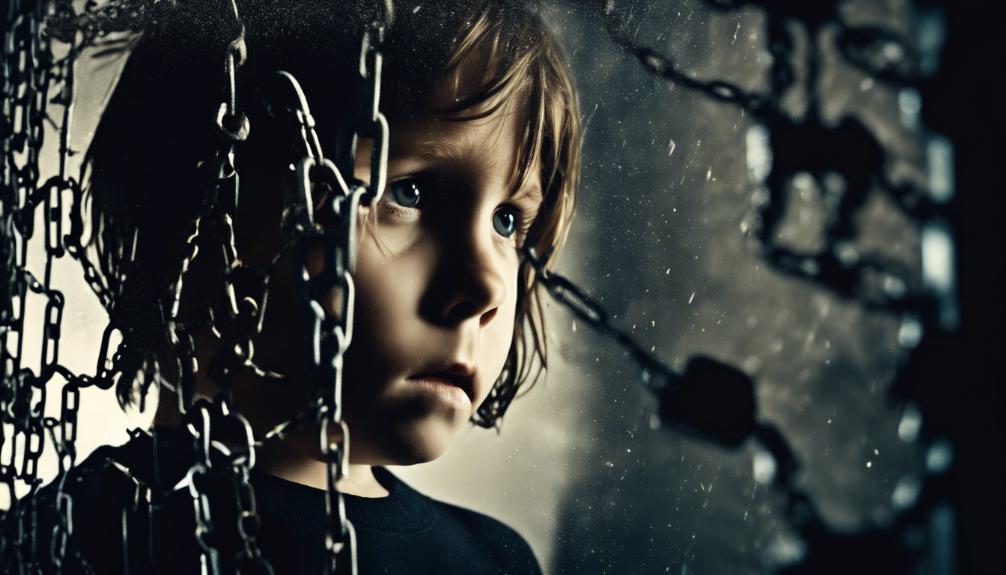
Hacking serves as a nefarious gateway for abusers to exploit children through unauthorized access to personal devices and sensitive information. By compromising the security of computers and mobile devices, predators can stealthily infiltrate the lives of minors. Utilizing Remote Administration Tools, hackers gain complete control over a victim's device, enabling them to remotely activate webcams, access personal files, and harvest sensitive data without the victim's knowledge. This intrusion not only breaches privacy but also facilitates the creation and distribution of child pornography. The vulnerability of children's online presence, coupled with the sophistication of hacking techniques, underscores the urgent need for robust digital safety measures and awareness to protect minors from such insidious forms of abuse.
Mashas Law Explained
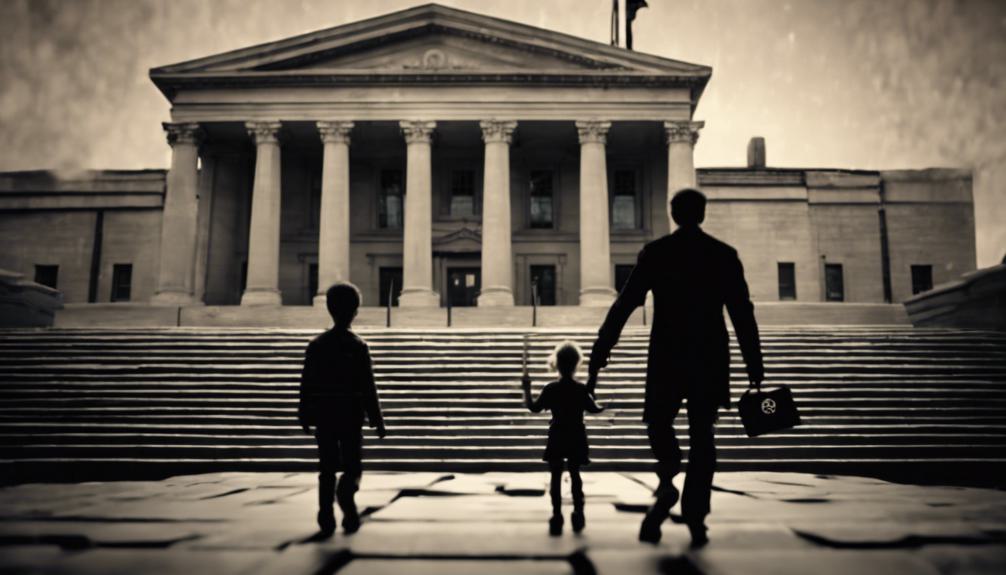
Understanding the grave threats posed by online exploitation, Mashas Law provides a critical legal framework for child pornography victims seeking compensation. Named after Masha Allen, a survivor of severe child pornography exploitation, this legislation empowers victims to pursue civil damages against those who produce, distribute, or possess illicit imagery of them. Specifically, it establishes a statutory minimum of $150,000 in damages for each victim, recognizing the profound and lasting impact such crimes have on individuals. Additionally, Mashas Law underscores the importance of holding perpetrators financially accountable, beyond criminal penalties, offering survivors a tangible means of justice and rehabilitation. This law marks a significant step forward in the legal battle against child pornography, providing victims with an essential tool for recovery and restitution.
Rights to Financial Recovery
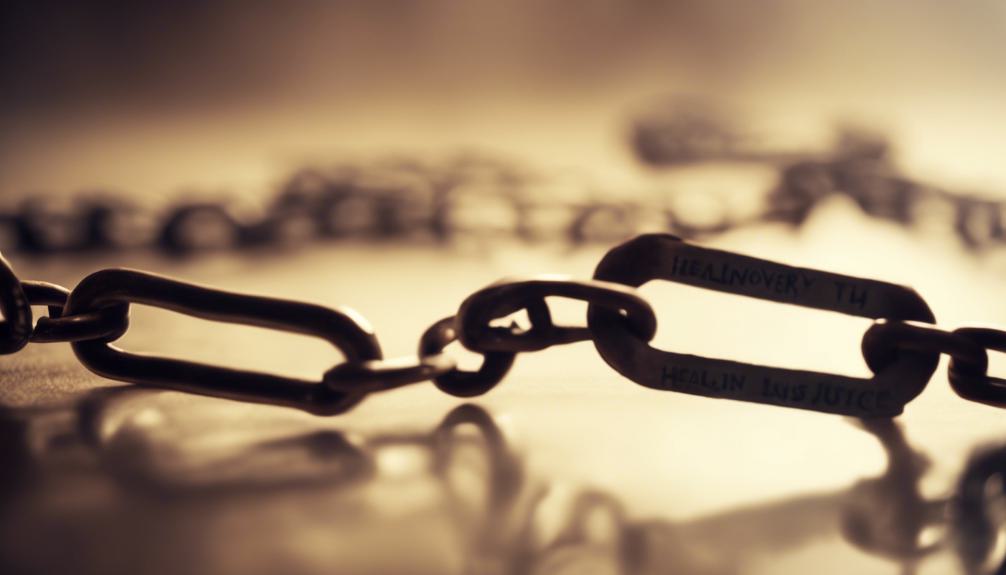
Victims of child pornography are entitled to pursue financial recovery under Masha's Law, which provides a significant pathway to compensation for their suffering. This groundbreaking legislation acknowledges the profound and lasting impact that exploitation in child pornography can have on victims. It empowers them to file civil lawsuits against their perpetrators, offering hope for restitution beyond the criminal justice system. Lawyers specializing in representing victims of child pornography play a vital role in this process. They not only make victims aware of their rights under Masha's Law but also guide them through the complex legal landscape, ensuring they understand their options for financial recovery. These attorneys are dedicated to helping survivors navigate the challenging journey towards healing and justice, providing much-needed support and advocacy.
Minimum Compensation Standards
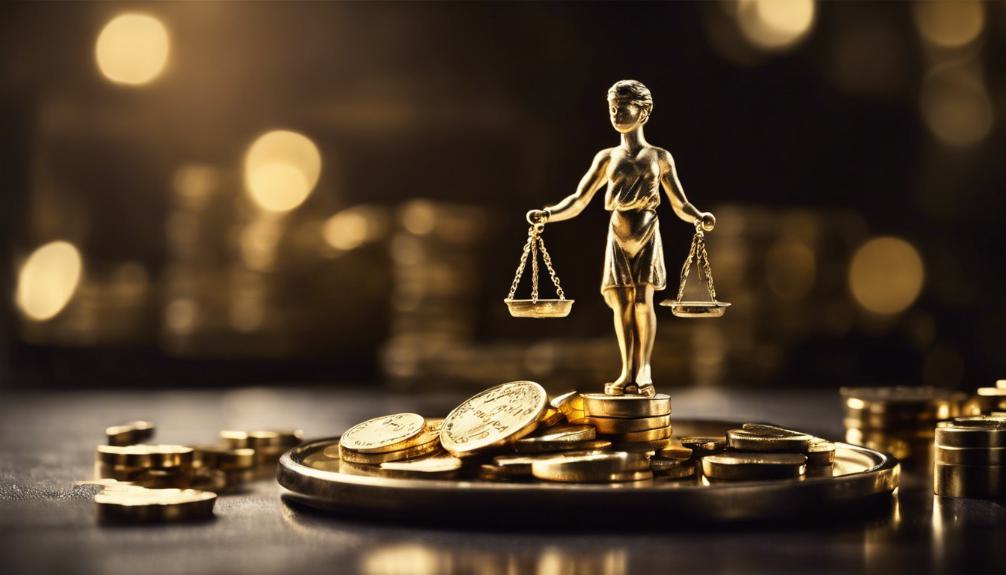
Building on the foundation of Masha's Law, minimum compensation standards provide a clear financial benchmark for survivors of child pornography seeking restitution. These standards establish a base level of financial redress, starting at $150,000 for each victim, ensuring that survivors have a concrete starting point for their claims. This minimum threshold is pivotal in recognizing the profound harm inflicted upon victims and underscores the legal system's commitment to holding perpetrators financially accountable. By setting this benchmark, the law aims to mitigate some of the financial burdens associated with recovery and therapy, while also serving as a deterrent against the production and distribution of child pornography. Ultimately, these minimum compensation standards are a crucial step towards providing justice and support for survivors.
Mashas Case: A Precedent
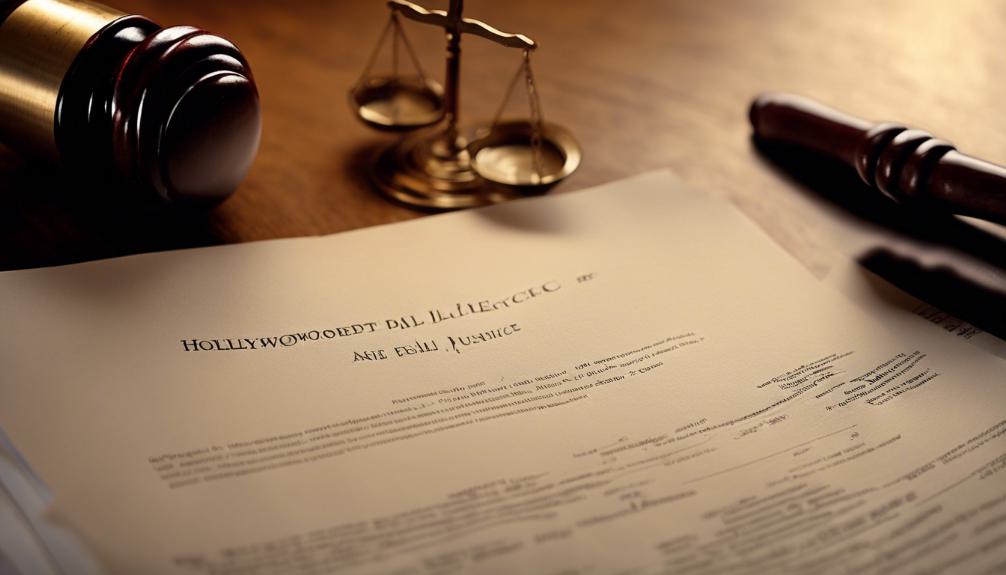
Masha's case set a landmark precedent, demonstrating the legal system's capacity to provide substantial compensation and justice for victims of child pornography. Named after Masha, a survivor who bravely filed a significant civil lawsuit against her abuser, this case underscores the importance of legal mechanisms in addressing the ramifications of child pornography. By establishing a minimum compensation requirement, Masha's Law empowers survivors to seek reparations for the harm inflicted upon them. This legal development not only facilitates financial recovery for victims but also serves as a deterrent against the perpetuation of such crimes. It highlights the legal system's acknowledgment of the need for a robust framework to support victims and hold perpetrators accountable, ensuring that justice is accessible to those affected by such egregious violations.
Seeking Legal Representation
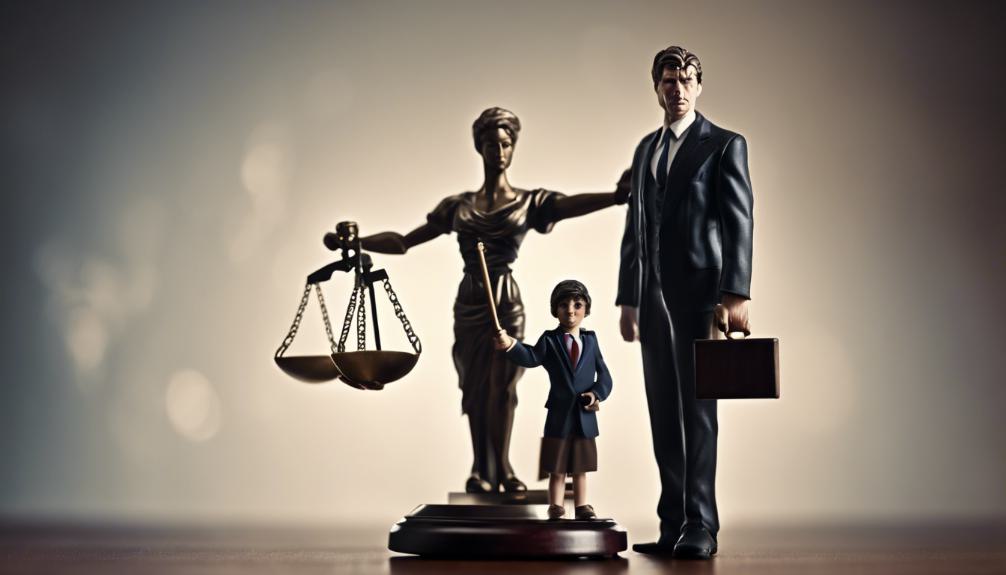
Engaging a knowledgeable attorney is an essential step for survivors of child pornography seeking to navigate the intricacies of civil litigation under Masha's Law. A lawyer specializing in this area can provide invaluable guidance, from making victims aware of their rights under Masha's Law to developing a thorough legal strategy. They can also handle the investigation and prosecution of civil claims, offering a pathway to financial recovery and justice. Many attorneys offer free consultations, allowing survivors to understand their legal options without upfront costs. With dedicated and experienced legal representation, survivors can effectively pursue compensation and hold perpetrators accountable. Legal professionals play a critical role in the fight against child pornography, ensuring survivors receive the support and compensation they deserve.

This post has been generated by AI and was not reviewed by editors. This is Not legal advice. Please consult with an attorney.


